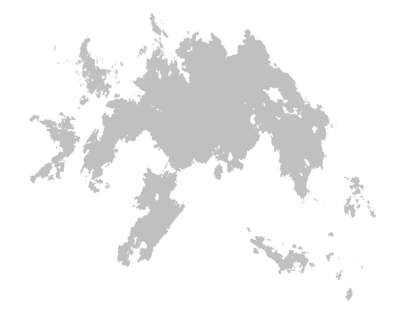Portal:Gaia: Difference between revisions
Jump to navigation
Jump to search
No edit summary |
No edit summary |
||
| Line 1: | Line 1: | ||
{{Region_icon_Gaia}} | |||
__NOTOC__ | __NOTOC__ | ||
<div style="text-align:center; margin:0.4em auto 0.8rem">{{purge|Refresh sections}} • [[Special:PrefixIndex/Portal:Gaia/|Sub-pages of Portal:Gaia]]</div> | <div style="text-align:center; margin:0.4em auto 0.8rem">{{purge|Refresh sections}} • [[Special:PrefixIndex/Portal:Gaia/|Sub-pages of Portal:Gaia]]</div> | ||
| Line 28: | Line 29: | ||
</div> | </div> | ||
</div> | </div> | ||
</div> | </div> | ||
{{Gaia}} | |||
Revision as of 03:56, 19 February 2020
Selected Article
Manak Cuzi was a Hardhi military officer and then politician who ascended to the throne during the Glorious Regeneration, of which he was the main architect. He ruled Hardhiara as its Equiveprim for 42 years, from 1949 until his death of old age in 1991. He has since then been given the posthumous title of "Eternal Equiveprim" as the cult of personality surrounding him continues to this day. His long rule was characterized by dictatorial practices and reactionary policies that reversed most of the reforms and modifications brought about by his predecessors. He notably brought back the Decimal Administration, nationalized most of the country's industrial sectors, enacted country-wide land reforms, led the rapid industrialization of the country through the use of economic planning, and ended democracy. (See more...)Introduction
Gaia is a planet in the Ilios system home to all human life. Gaia is called the Allamokhullahaz, the graveyard of empires, She of the Seven Spires, Mother of Kings, Daughter of the White Sun, Seat of Dytika, and Song of Morning. Once, it was thought that the world was going to be consumed, steadily, by the growth of great empires – such as Cornicae, Hallania, and the Hierophany – were destined to divide the world between as humanity moved toward the ecumen, a view promoted rigorously by those states. The clashes of the Continental War and later, the economic decline of even the winning states of that conflict, permanently shattered the imperial view of society. Rising in the west and east, new collectivist powers such as Arlyon, the Hallanic Commonwealth, and the Erdaran Union, have begun to smoother the squalid embers of the imperial dream on the continent.Categories & Links
- Other Links


